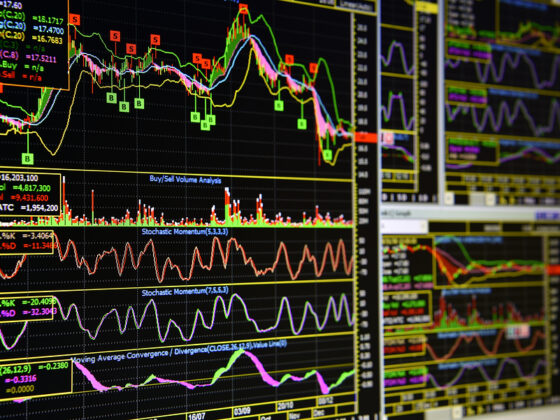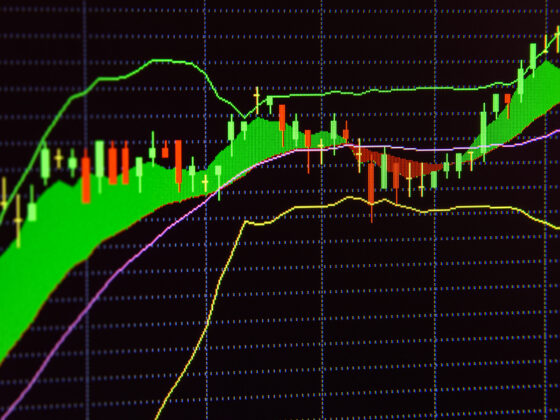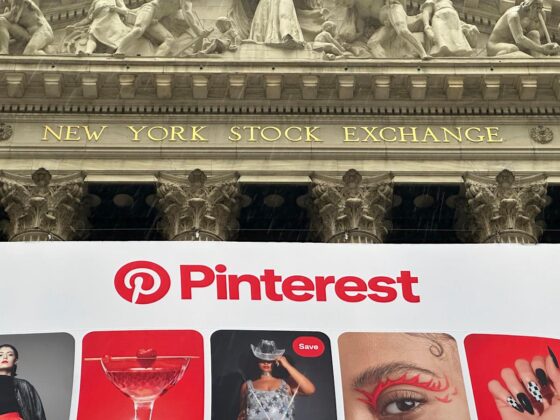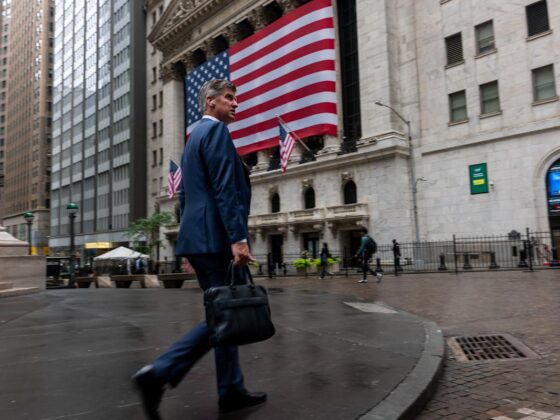By Kevin Buckland
TOKYO (Reuters) – Asian stocks tracked Wall Street higher on Wednesday and bonds fell as traders firmed up bets that U.S. labour market softness would spur the Federal Reserve to cut rates by at least a quarter point next week.
Gold caught its breath after Tuesday's record high, while the dollar ticked higher, with two crucial days of U.S. inflation figures, starting later on Wednesday, set to provide the final data puzzle to inform the Fed's September 17 decision.
Crude oil stayed elevated after Israel's attack on Hamas leadership in Qatar. Indeed, geopolitical worries remained front and centre of investors' minds after Poland scrambled its own and NATO air defences to shoot down drones following a Russian air attack on western Ukraine.
Markets also took in stride a court ruling that temporarily blocked President Donald Trump from removing Federal Reserve Governor Lisa Cook, a case which is likely to end up before the U.S. Supreme Court.
Investors are keenly following the unprecedented legal battle as it could upend the central bank's long-held independence although there was no immediate market reaction.
In Asia, Japan's Nikkei added 0.3%, South Korea's KOSPI jumped 1.3% and Taiwan's equity benchmark climbed 1.46%, hitting a record high.
Hong Kong's Hang Seng gained 0.5%, while mainland Chinese blue chips rose 0.2%.
Overnight, the S&P 500, Nasdaq Composite and the Dow Jones Industrial Average each ended the day at fresh all-time highs. S&P 500 futures pointed 0.2% higher on Wednesday.
Traders see a rate cut by the Fed next Wednesday as a sure thing, and even lay 7% odds on a super-sized half-point reduction, the CME Group's FedWatch Tool show.
A week earlier, markets assigned 7% probability on the Fed holding rates steady, but another dismal monthly payroll number last week convinced investors the Fed had no cushion to wait any longer to support the economy.
The final hurdles to that view will come on Wednesday and Thursday, in the form of producer and consumer inflation readings, respectively.
“An upside inflation surprise could rock the boat slightly and lead to an unwinding of rate cut probabilities, not so much for September, but for subsequent months,” said Kyle Rodda, senior financial markets analyst at Capital.com.
The rapid deterioration in U.S. economic data, particularly on jobs, “is the reason why markets are pricing in such aggressive easing from the Fed – which, incidentally, the markets appear to believe will be enough to protect the U.S. economy from a recession, judging by current risk appetite,” Rodda added.













